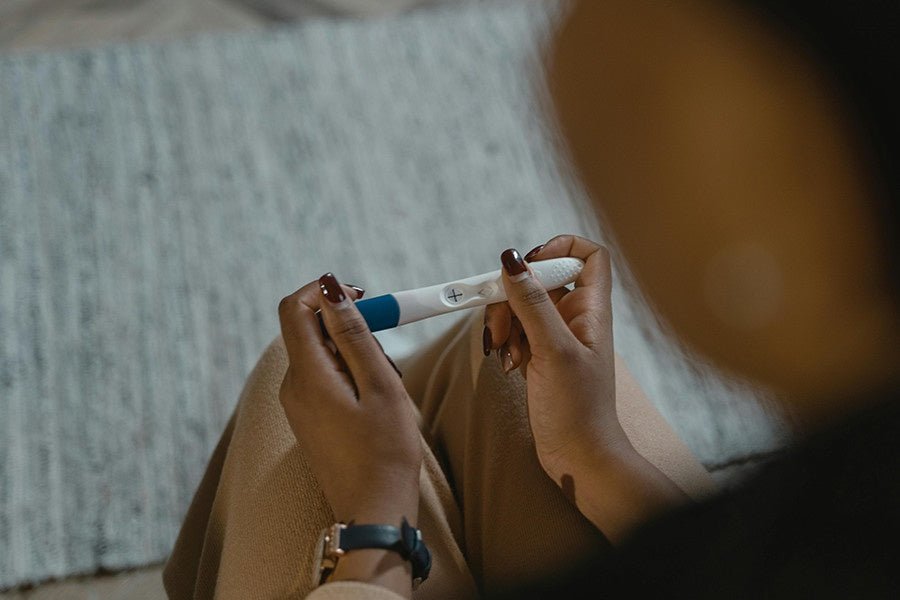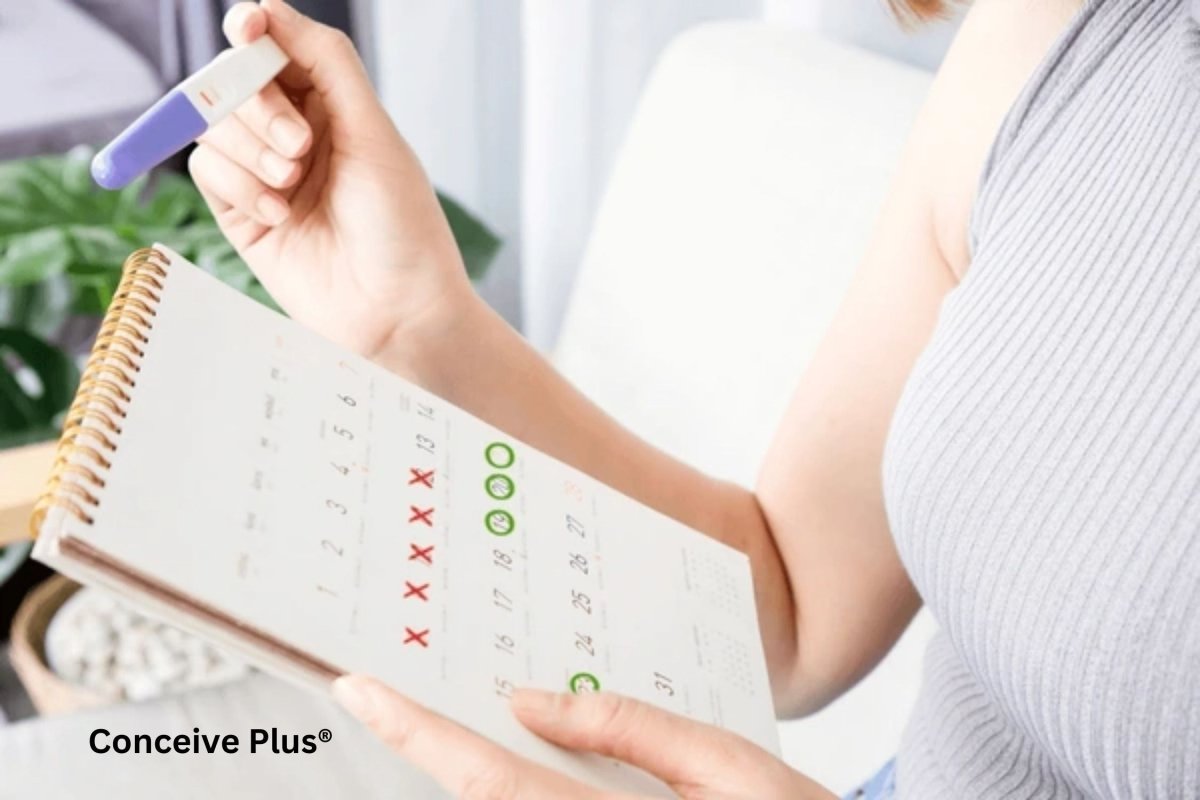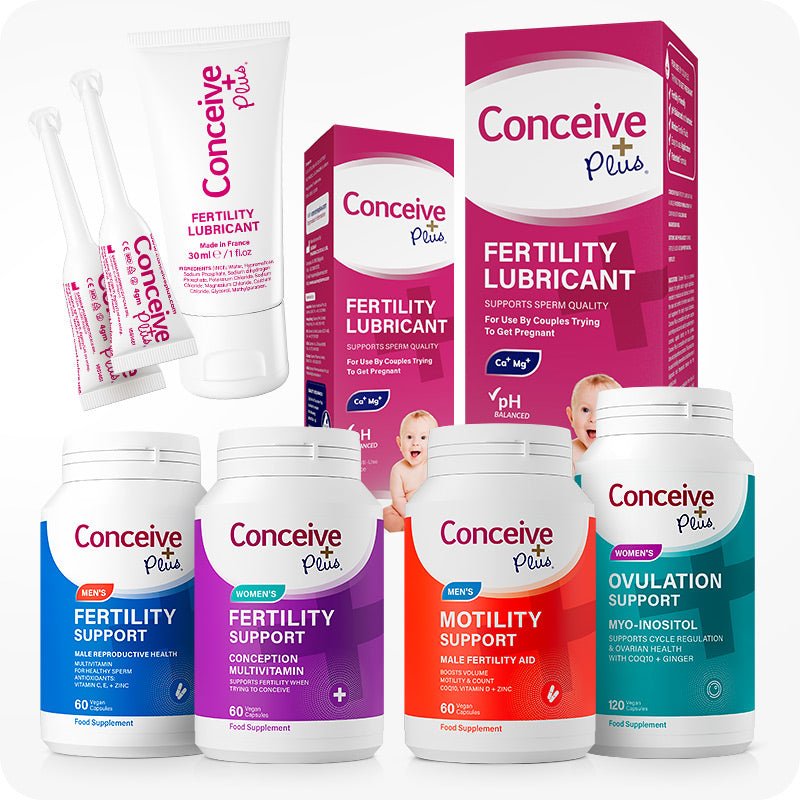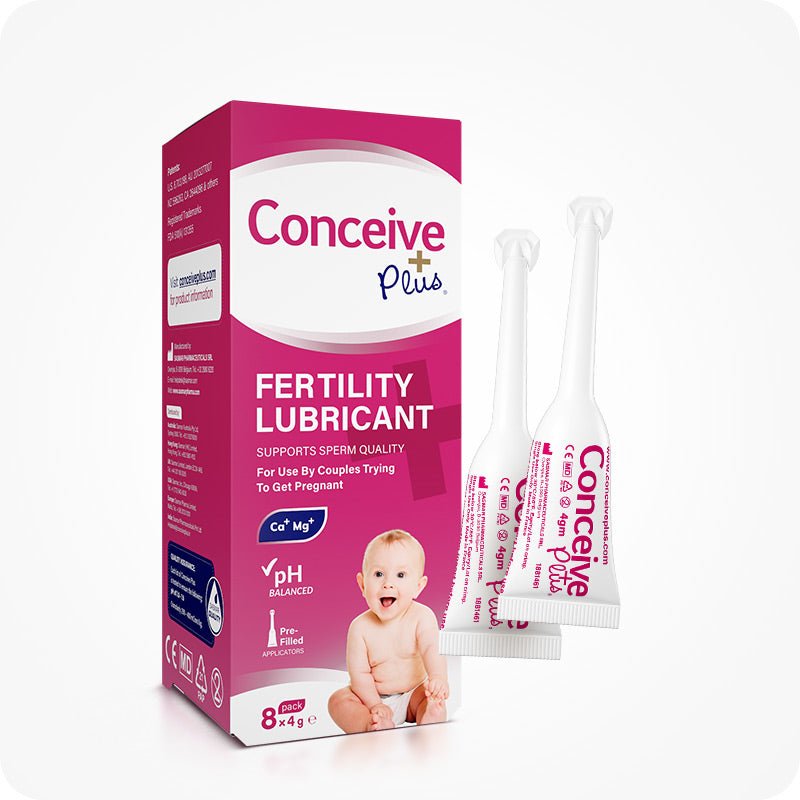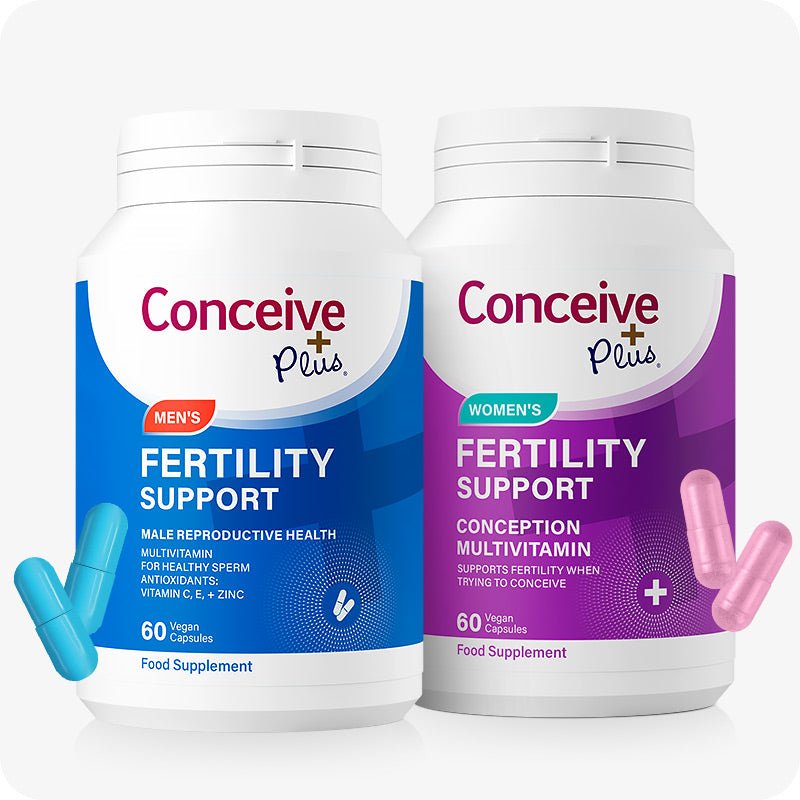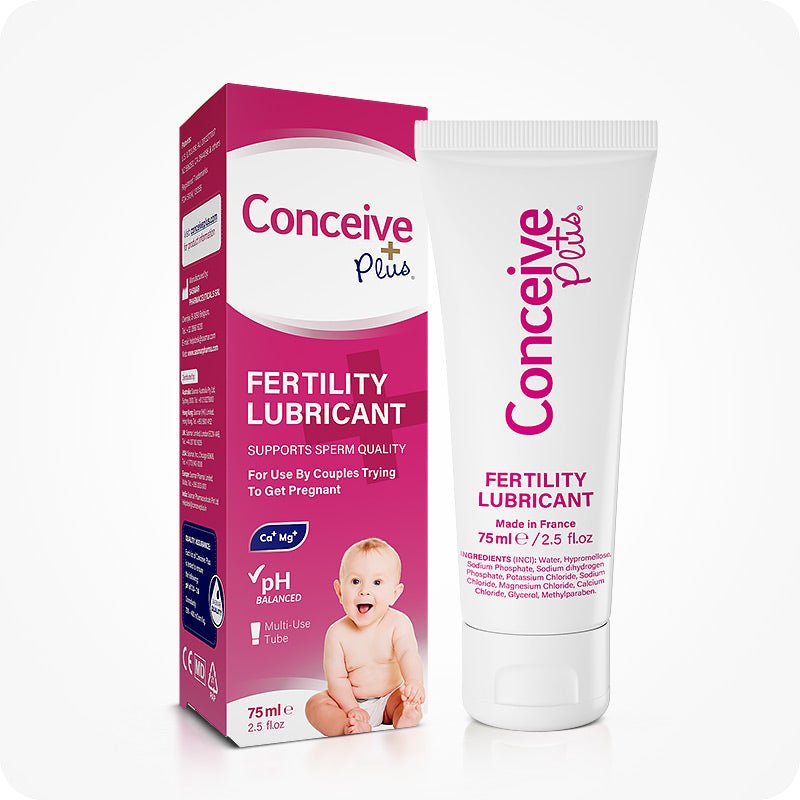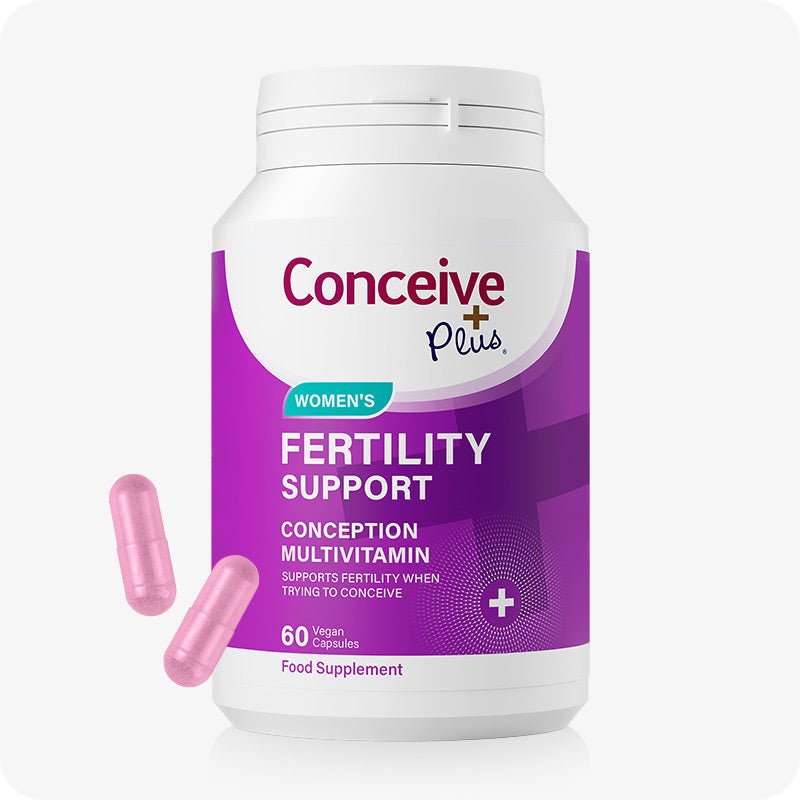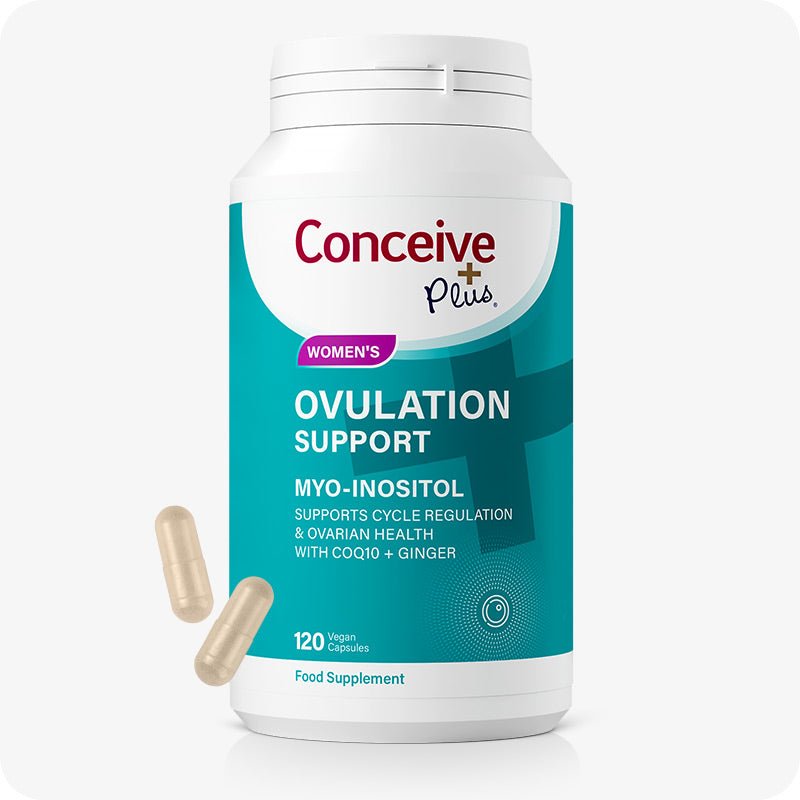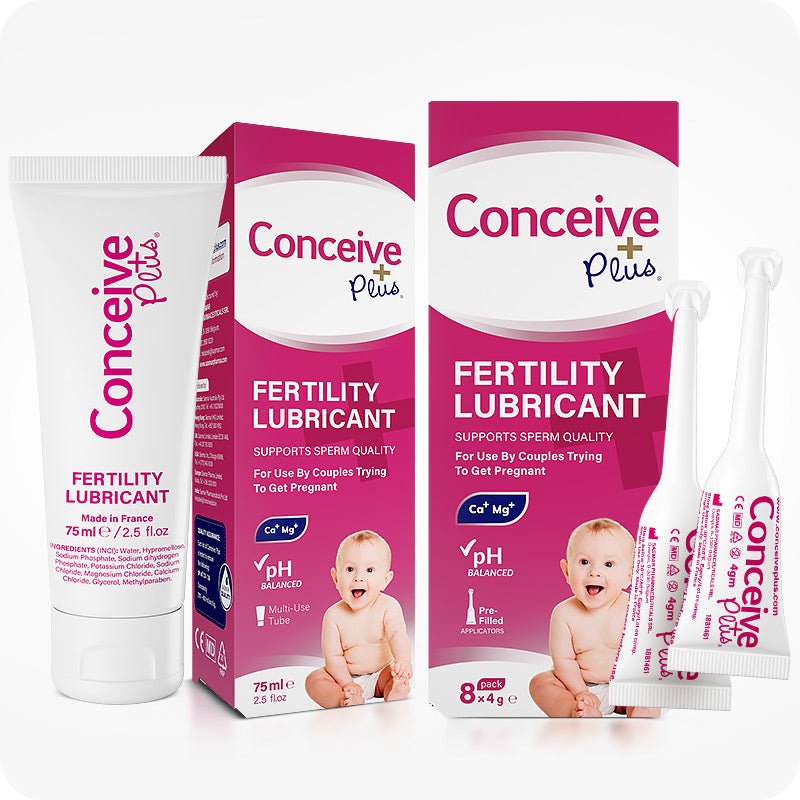birt control
How Different Contraceptives Affect Fertility
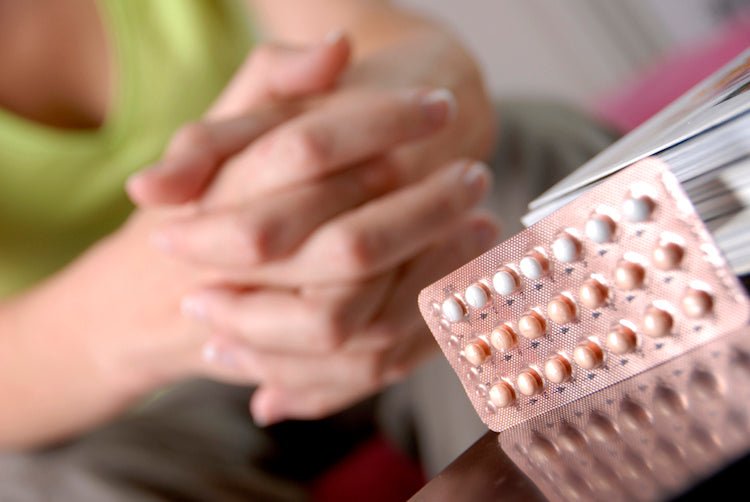
Understanding your different options for contraceptives and their effects on fertility are important for successful family planning. If you plan to start a family in the future, you should choose a birth control method that lines up with your time table. While some contraceptives have no lasting effect on fertility, some have effects that last for a year or more. It’s important to consider these effects when deciding which contraceptive option is right for you.
for four years or more should be reassured because we found no evidence that long-term OC use deleteriously affects fecundability.” Oral birth control does, however, affect short-term fertility. If you are trying to conceive, you will need to plan on your body taking time to adjust after you stop taking birth control. Contraceptive pills contain estrogen and progesterone, hormones that also occur naturally in the body, which prevent normal ovulation. Normal ovulation cycles should restart as soon as one month after you start taking the pill, although for some women it can take between three months and a year.



